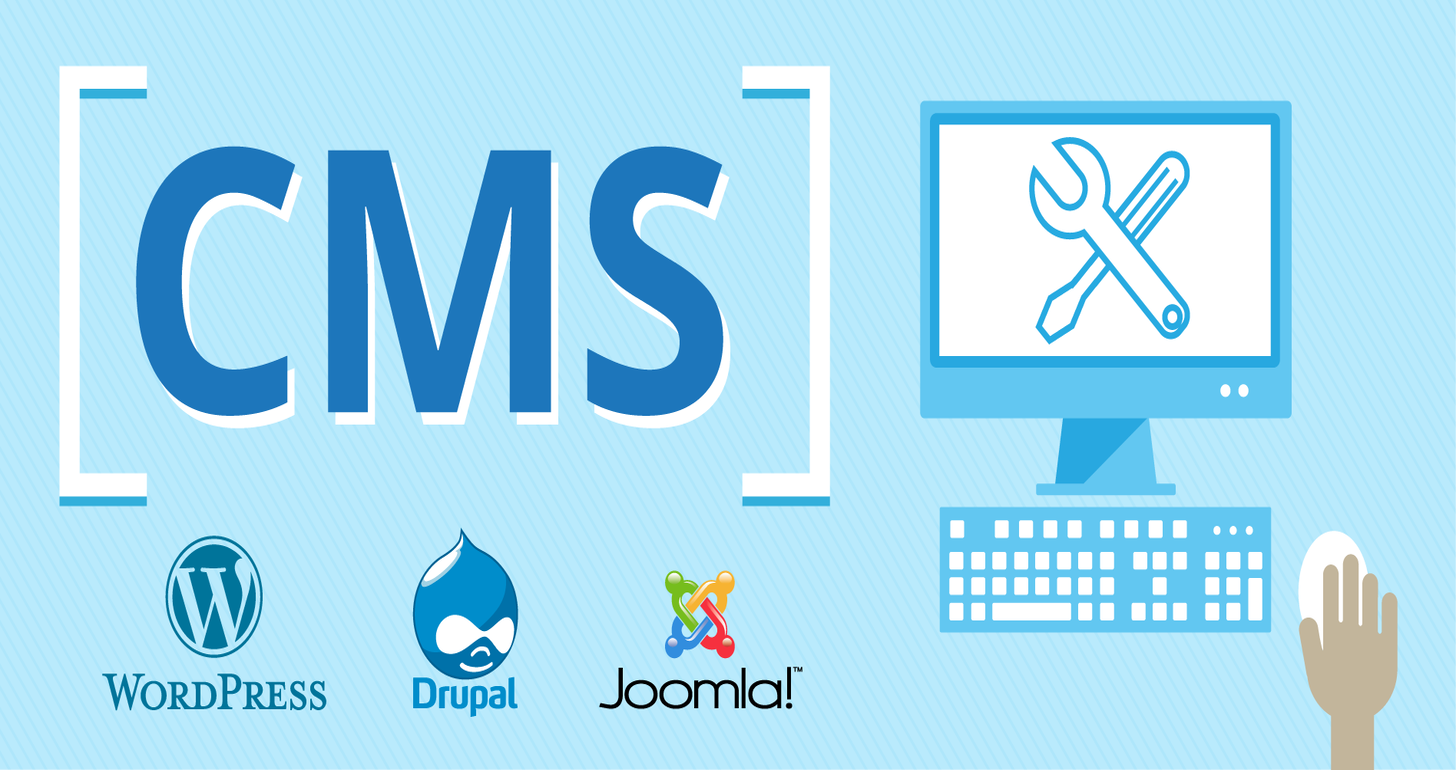The rise of headless and hybrid CMSs is revolutionizing the way content is created, managed, and delivered to devices and platforms globally. But deciding if your company needs to switch to a headless or hybrid CMS is not an easy thing to do.
Use the following questions to assess your organization's business needs, staff capabilities, management support, and financial resources for a headless or hybrid CMS:
Do we have needs that our current CMS cannot meet?
Can we afford to optimize the speed of content delivery so it doesn't get in the way of our SEO goals? We can
deliver the kind of user experience our customers expect, across all of our must-have platforms and devices? Do security concerns or bug fixes take up developer time and could be better used elsewhere?
Can we or can we hire a development team to handle Head presentation layers that may not be part of a headless or hybrid CMS?
Can we successfully migrate our existing content to a new platform without sacrificing our search rankings?
Can we attach a new CMS to the existing critical elements of our martech stack?
Is our team of editors and content creators flexible enough (or tech-savvy enough) to adopt the new CMS interface?
Are we committed to changing our editorial process to more support the reuse and repositioning of our content?
Do we have a current need or future ambition to make content available to enough different platforms or devices to justify the switch?
Does our C suite support this type of initiative?
A lack of moderator engagement can lead to inadequate budgeting, measurement and performance, and a broken customer experience. Therefore, it is important to ensure C-suite support.
How would we define success?
What KPIs do we want to measure and what decisions will we make based on the data? As with any technology investment, it's important to measure the impact of a headless or hybrid CMS on your marketing ROI. While KPIs will vary by organization or industry, you will be able to measure website or app speed, SEO ranking and traffic improvement, and increase conversion rates for lead generation or ecommerce. You can also evaluate whether the CMS is a time saver for your developers or editors.
What is the total cost of ownership?
Because headless and hybrid CMS combine some of the functionality built into a traditional CMS, it's important that you make sure you account for all the parts that you'll need to assemble for your new infrastructure. me. You may also need to budget for editor training and ongoing development to help you realize some of the benefits we've discussed here.
Original post: https://martech.org/does-your-organization-need-a-headless-or-hybrid-content-management-system-cms/
Translated by: Phan Cong Duy





